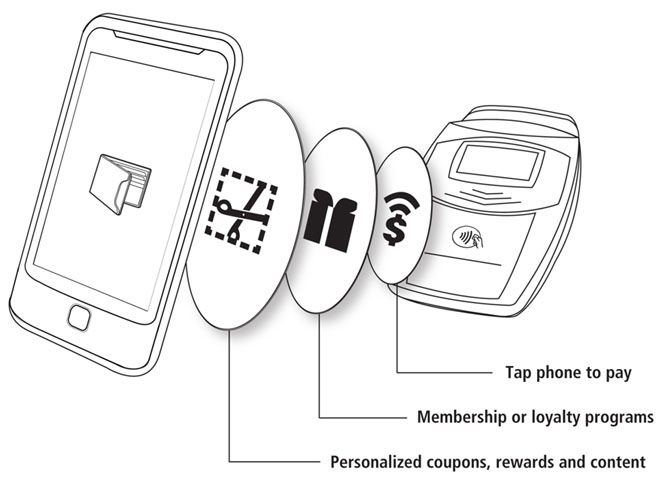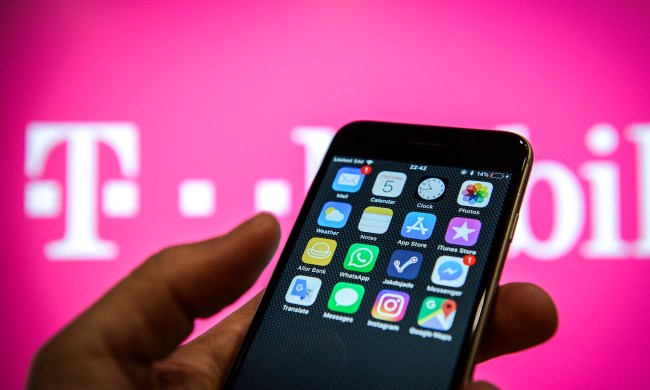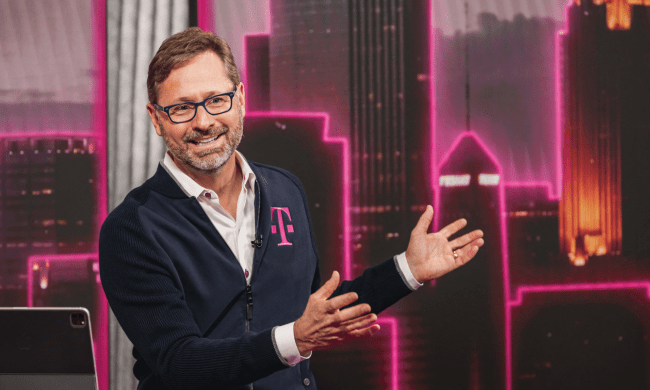Google’s Eric Schmidt has generated some buzz talking about near-field communication (NFC) chips that could be used to turn mobile phones into mobile wallets, enabling consumers to make point-of-sale purchases with their cell phones just by getting them within a few centimeters of a point of sale terminal, instead of swiping a card. Not coincidentally, a new joint venture with major industry backing has just been launched to roll out that very technology. Isis, backed by Verizon Wireless, AT&T, and T-Mobile plans to roll out mobile phone commerce technology based on NFC communications, with service rolling out to “key demographic areas” by mid-2012.

Isis will be headed by Michael Abbot, a former financial executive with GE Capital. BarclayCard US, a subsidiary of Barclays PLC, is expected to be the first issuer on the network. Isis is also working with Discovery Financial Services’ payment network, which is already in place at more than 7 million merchant locations in the United States. Isis plans to make its services available to “all interested merchants, banks, and mobile carriers.”
“Our mobile commerce network, through relationships with merchants, will provide an enhanced, more convenient, more personalized shopping experience for consumers,” said Abbott, in a statement. “While mobile payments will be at the core of our offering, it is only the start. We plan to create a mobile wallet that ultimately eliminates the need for consumers to carry cash, credit and debit cards, reward cards, coupons, tickets, and transit passes.”
The system would work using short-range, high-frequency near-field communication to enable encrypted exchange of information between a point-of-sale system and a mobile phone. The technology only operates over a short range—about 3 to 5 centimeters—to eliminate the possibility of fraudulent transactions being carried out at a distance. Isis says the system is being developed to incorporate strong security and privacy safeguards.
The credit card industry is looking to NFC technology as a more-secure alternative to traditional credit cards. Although NFC technology does not in itself include any sort of encryption capabilities, mobile phones typically have more than enough processing power to handle encryption tasks, and point-of-sale terminals would be designed to handle encryption as well. Of course, no system is perfect, and attacks against NFC communications are possible, including nearby high-gain receivers, interference, data alteration, and capturing terminated sessions—of course, there’s also the possibility of phone-based malware taking advantage of NFC communications, and if consumers lose their mobile phone thieves might be able to make purchases in their names. There’s also a more fundamental problem: if a phone battery runs out of power, users lose all their purchasing power too.
Several handsets from Nokia, Samsung, LG, Motorola, and Sagem already implement NFC technology. Google’s Eric Schmidt announced that the forthcoming Android 3.0 “Gingerbread” will support NFC, and reports have the next generation of the Apple iPhone incorporating NFC technology.


